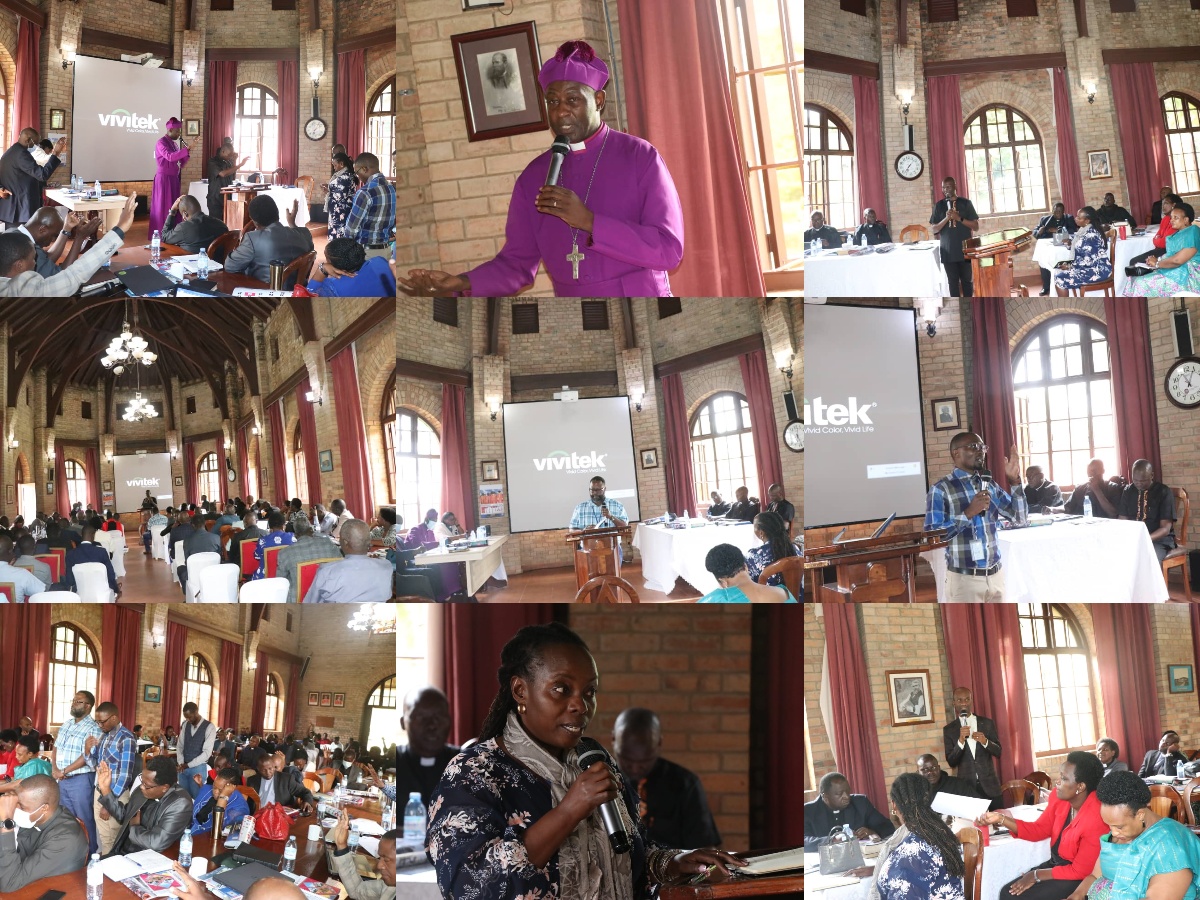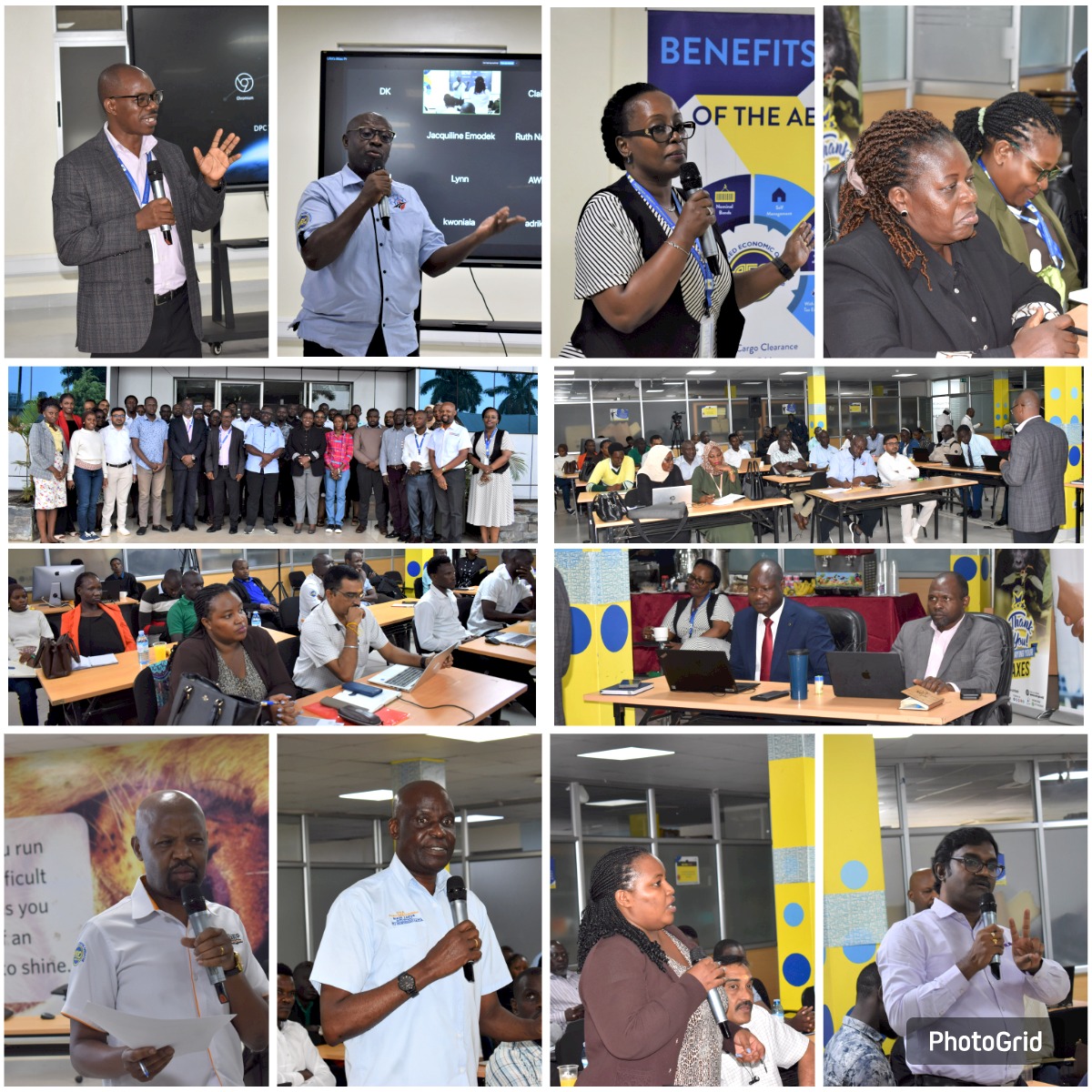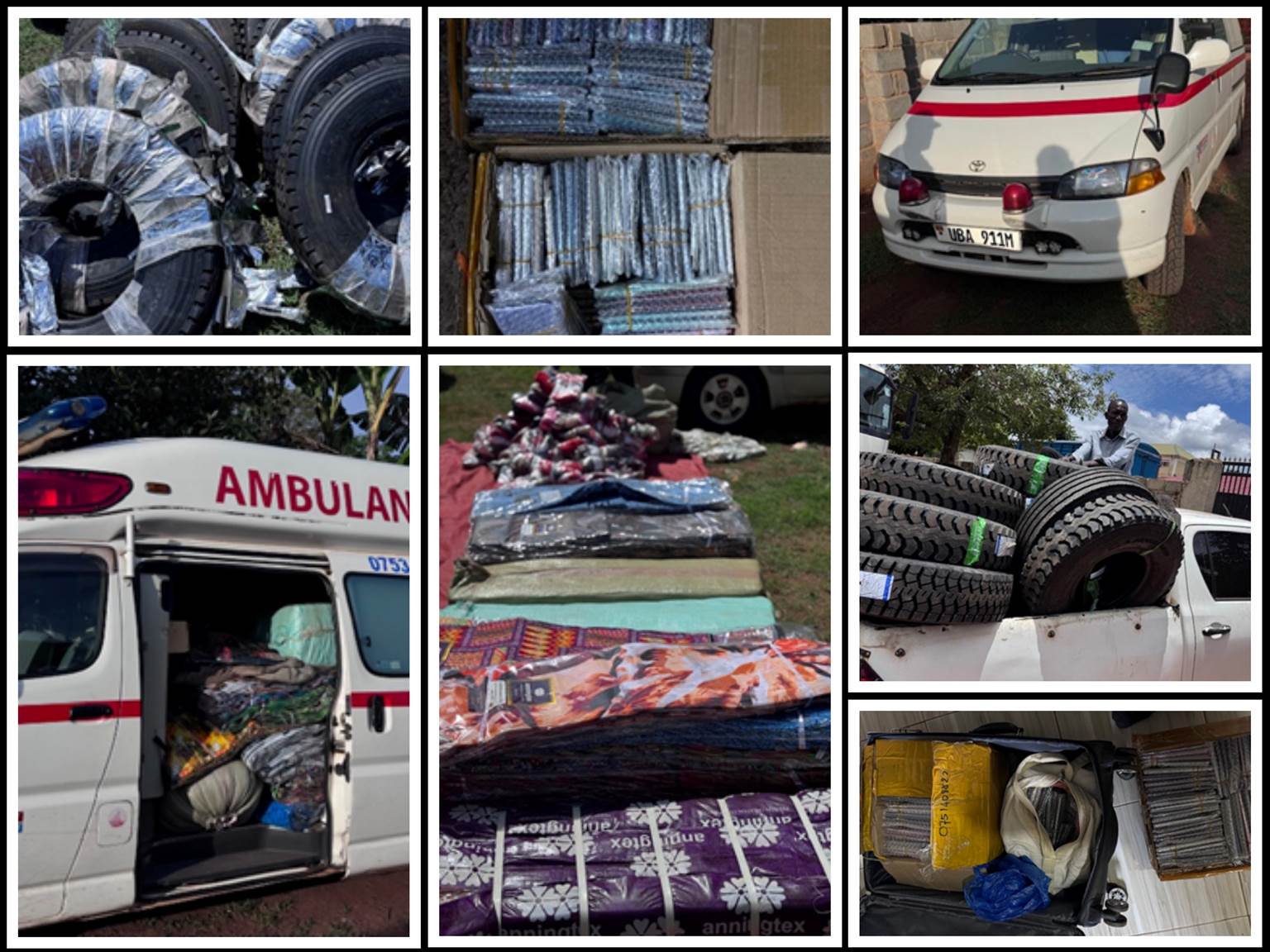By Joshua Niyonshima & Dismas Nuwaine
Stephen Kazimba Mugalu, the Archbishop of the Church of Uganda has commended URA for its outstanding work in educating the clergy about tax issues.
Kazimba made these remarks while speaking at the laity leaders meeting for the Kampala Diocese where URA conducted a tax education workshop on the taxation of religious activities. This happened at the Uganda Christian University in Mukono.
“We appreciate you teaching us about taxes.” We, the Kampala Diocese, comply with the law and pay taxes. We kindly ask that you ensure the tax is used appropriately. Kazimba stated, “The Kampala diocese needs to see the results of the tax paid.”
According to Brian Mugasha, the Manager of Business Policy at URA, churches are required to register for taxes, file returns, pay rental tax if they operate a rental business, pay income tax for institutions they own, and pay VAT.
Moreover, Lubega Francis from Business Policy told them that tithes and offertories are exempt from taxes. However, for an institution to be exempt, a letter requesting an exemption must be obtained from the Commissioner General of URA or the Minister of Finance, Planning, and Economic Development.
During the training, James Abola, the Assistant Commissioner of Staff Compliance, called on religious leaders to join URA in the fight against corruption.
“In January, our disciplinary committee sat and dismissed 13 staff. We some take to court to make the cost of corruption expensive and honesty cheaper, thus encouraging uprightness. At URA, you have to be served with honesty, dignity, and efficiency,” Abola said.
The Assistant Bishop of the Kampala Diocese, Hannington Mutebi, reiterated the necessity of combating corruption in Uganda, which he said has spread like cancer and destroyed society. He proposed that URA hold counseling sessions for its staff and have them aligned with God’s will.
“Go to those places and observe how these folks are working. While we discuss these topics on the pulpit, some of these individuals do not visit churches or mosques. Find a way to talk to them in groups to fix the problem,” Hannington said.










